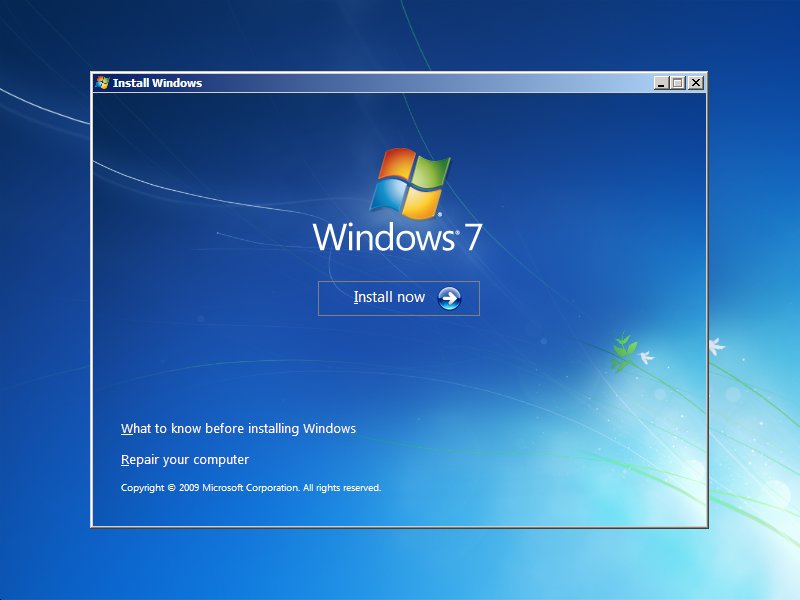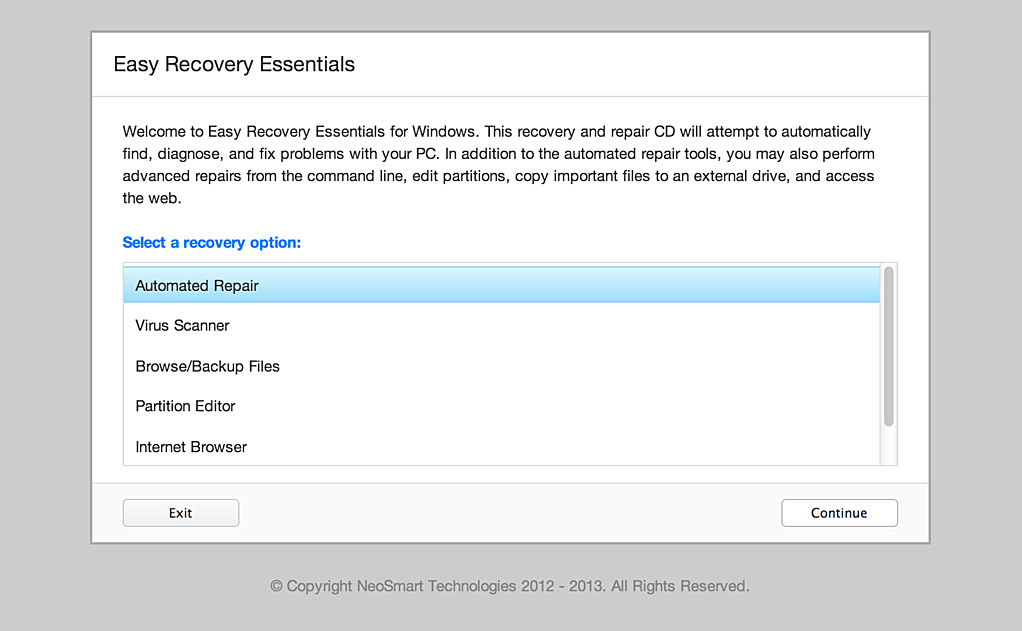Get the fix to the 0x000000fc: ATTEMPTED EXECUTE ON NOEXECUTE MEMORY error message affecting Windows Vista, Windows 7, Windows 8, Windows 8.1 and Windows 10.
Contents
About the “0x000000fc” error
The following information on this error has been compiled by NeoSmart Technologies, based on the information gathered and reported by our global network of engineers, developers, and technicians or partner organizations.
Description and Symptoms
The error messages, alerts, warnings, and symptoms below are tied to this error.
Symptom 1: 0x000000fc error screen
The 0x000000fc error is mostly triggered by an old, corrupt driver or a driver conflict. This error usually appears after installing a new hardware component on your computer.
Other causes that can trigger the error can be any of the following:
- Corrupt Windows system files
- Problem with installed drivers
- Files that were corrupted by a virus or malware infection
- RAM corruption
A problem has been detected and Windows has been shut down to prevent damage to your computer. An attempt was mode to execute non-executable memory. If this is the first time you’ve seen this Stop error screen, restart your computer. If this screen appears again, follow these steps: Check to make sure any new hardware or software is properly installed. If this is a new installation, ask your hardware or software manufacturer for any Windows updates you might need. If problems continue, disable or remove any newly installed hardware or software. Disable BIOS memory options such as caching or shadowing. If you need to use Safe Mode to remove or disable components, restart your computer, press F8 to select Advanced Startup Options, and then select Safe Mode. Technical Information: *** STOP: 0x000000fc (0x00000001, 0x00000001, 0x00000000, 0x00000000)
Causes of this Error
This error has been known to occur as a result of one or more of the following:
Cause 1: Corrupt Windows system files
This error often occurs because of corrupt Windows system files that were changed because of a disk write error, power outage or virus attack.
Cause 2: Outdated or misconfigured drivers
Another possible cause for this error is an outdated or misconfigured device driver. This happens often after a Windows Update, or system upgrade/downgrade.
Cause 3: Malfunctioning memory modules
The last possible cause for this error is a faulty memory module that gives read/write error when the system attempts to access it.
Fixing “0x000000fc” on Windows
Windows Setup CD/DVD Required!
Some of the solutions below require the use of the Microsoft Windows setup CD or DVD. If your PC did not come with a Windows installation disc or if you no longer have your Windows setup media, you can use Easy Recovery Essentials for Windows instead. EasyRE will automatically find and fix many problems, and can also be used to solve this problem with the directions below.
Fix #1: Restore to an earlier date
If the 0x000000fc error appears immediately after a new hardware component installation, using System Restore allows you to restore your computer to an earlier date.
Make sure you’re logged in as Administrator when performing the following steps:
- Click Start
- Type
system restorein the search box - Select System Restore from the search results
- Continue with the wizard steps to restore your computer to an earlier date
Fix #2: Disable drivers
If the error is caused by a recently installed driver, uninstall the driver or update it to its latest available version from the manufacturer that’s compatible with your current Windows versions.
Follow these steps to disable it or update your drivers:
- Click Start
- Type
devmgmt.mscin the search box - Open Device Manager
- In Device Manager, right-click on the driver installed.
- Choose Update Driver Software or Disable (if the Disable option is not available, choose Uninstall)
- Restart your computer
Fix #3: Scan for viruses
An infected computer may cause the 0x000000fc error to appear. Use your antivirus system to scan your computer for virus or malware infections.
After the scan is complete and the infected files deleted or quarantined, restart your computer.
If you don’t have an antivirus software, you can use Easy Recovery Essentials’ built-in Antivirus Scanner:
The Professional Edition of Easy Recovery Essentials for Windows features a powerful antivirus and rootkit scanner that can normally resolve this and similar errors caused by viruses, rootkits, trojans, or spyware. EasyRE is currently available for Windows XP, Vista, 7 and 8 and can be downloaded and created on any PC.
- Download Easy Recovery Essentials. Make sure to note your Windows version (XP, Vista, 7 or 8) before you download EasyRE. This guide can help you identify what version of Windows you have installed. For the purposes of this guide, you will need to obtain the Professional Edition of EasyRE.
- Burn the image. Follow these instructions on how to burn the bootable ISO image very carefully, as making a bootable CD can be tricky! Alternatively, these instructions explain how to create a bootable EasyRE recovery USB stick/drive.
- Boot up your PC from the Easy Recovery Essentials CD or USB you created.
- Once EasyRE is running, choose the “Virus Scanner” option and click Continue.
- After EasyRE scans your computer’s drives, identify and select the drive letter for your Windows installation from the list, and then click on the Scan button to begin.
- EasyRE will begin scanning the drive for viruses, rootkits, trojans, spyware, and other unwanted malware on your machine. No intervention is required, and EasyRE will repair viruses as it finds them, reporting its progress as it goes along:
- Once the process is complete, EasyRE will report its findings. Click on the Restart button to reboot your PC and test the changes.
You can download Easy Recovery Essentials from here.
Fix #4: Install pending Windows Updates
Make sure your computer is up to date with the latest Windows updates available.
- Click Start
- Type
updatein the search box - Select Check for Updates from the results list
- If there are updates available, click Install Updates
- Restart your computer
Fix #5: Run sfc
This sfc command will inspect your system files and repair any corrupted files.
- Click Start
- Type
cmdin the search box - Right-click on Command Prompt from the search results list
- Select Run as Administrator
- Type:
sfc /scannow
- Hit Enter
- Restart your computer
Fix #6: Check RAM
If the 0x000000fc error is caused by a corrupt RAM memory, check the integrity of your RAM slots.
By using Easy Recovery Essentials’ built-in Hardware Testing feature you can test both your RAM memory and your hard disk:
- Download Easy Recovery Essentials
- Burn the ISO Image. Follow our instructions on how to burn a bootable ISO image. If you’d like to have a recovery USB instead, follow our instructions on how to make a recovery USB.
- Boot into Easy Recovery Essentials
- Select Automated Repair
- Click Continue and wait for the Automated Repair process to finish. Automated Repair process will report any issues found with your hard disk or RAM memory:

To download Easy Recovery Essentials, click here.
Fix #7: Reinstall Windows
Reinstalling Windows will delete all files. Use Easy Recovery Essentials to backup your files before you proceed.
- Insert the installation DVD
- Restart the computer
- Press any key to boot from the CD when prompted to do so
- At the Install Windows window, select a language, time and keyboard method
- Click Next
- Click Install Now

Install Now (Windows 7)
More Information
Linked Entries
Support Links
- Easy Recovery Essentials for Windows – our repair and recovery disk.
It’s an easy-to-use and automated diagnostics disk. It’s available for Windows 8, Windows 7 and Windows Vista. It’s also available for Windows XP and Windows Server.Read more at Windows Recovery Disks.
- The NeoSmart Support Forums, member-to-member technical support and troubleshooting.
- Get a discounted price on replacement setup and installation discs: Windows XP, Windows Vista, Windows 7, Windows 8, Windows 10.
Applicable Systems
This Windows-related knowledgebase article applies to the following operating systems:
- Windows XP (all editions)
- Windows Vista (all editions)
- Windows 7 (all editions)
- Windows 8 (all editions)
- Windows 8.1 (all editions)
- Windows 10 (all editions)







